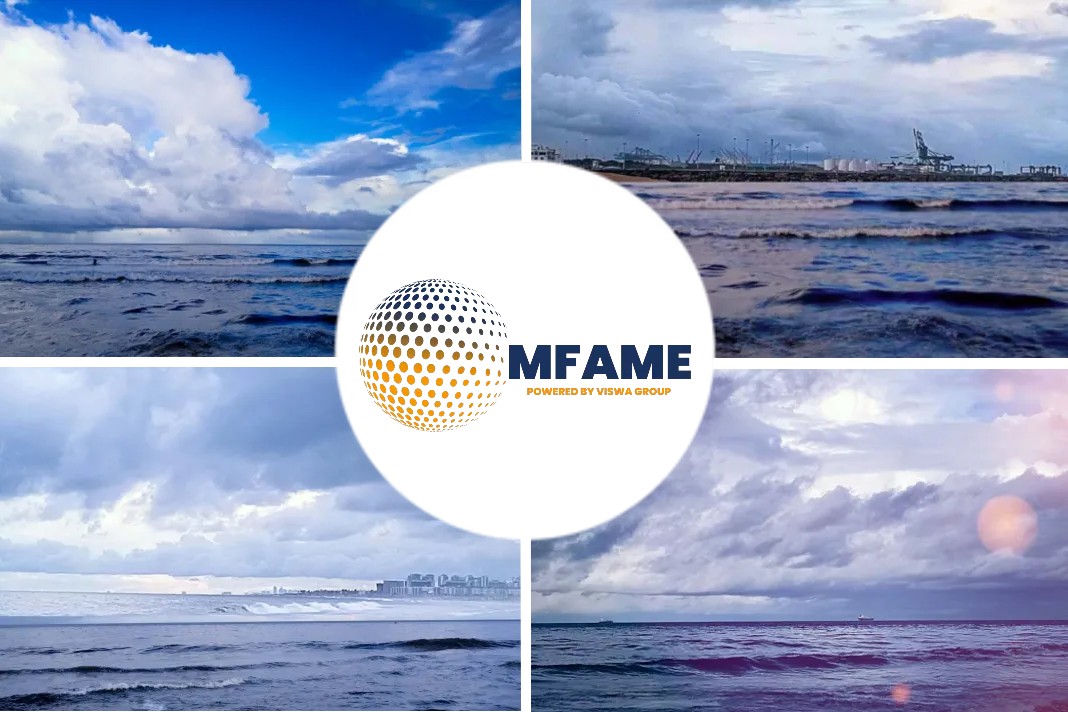
Mitsui O.S.K. Lines, Ltd. and Kobe Steel, Ltd. announced that the companies have offset carbon dioxide (CO2) emissions from fuel used in ocean transport of iron ore from Australia to Japan, through the use of voluntary carbon credits generated from the Rimba Raya Biodiversity Reserve project in Indonesia.
Optimal and Effective Approaches
Both companies believe optimal and effective approaches to reduce CO2 emissions throughout the supply chain are essential to realize a sustainable society. While MOL seeks co-creation with other companies on measures that the company can take now to achieve the target of net zero greenhouse gas (GHG) emissions by 2050, Kobe Steel, which set “Contributing to a green society” as its Group’s materiality, agrees with the idea. This has led the companies to team up on this carbon offset. The offsetting took place for the Capesize bulker under MOL’s operation, Shinzan Maru (Note 2), which is exclusively engaged in a long-term iron ore transport contract with Kobe Steel. The voyage took about six weeks from Port Walcott, Australia, to Kakogawa Works in Kakogawa City, Hyogo Prefecture, where the iron ore was unloaded
The carbon credits used for this carbon offset have been certified by Verra, which operates the world’s leading voluntary carbon credit standards, and generated within the past five years. In addition, the Rimba Raya Biodiversity Reserve project contributes not only to CO2 emission reductions, but also to co-benefits such as biodiversity conservation and job creation for local communities.
MOL Initiatives
MOL Group set a target of achieving net zero GHG emissions by 2050 in the “MOL Group Environmental Vision 2.1,” announced in June 2021. While its first priority is to reduce emissions to the maximum extent possible through research and development of zero-emission vessels and updating its fleet with low-carbon vessels, it will also strive to create natural and technology-based negative emissions through collaboration with diverse stakeholders. MOL’s unique effort includes its participation in the First Movers Coalition (FMC) as the first Japanese company with the aim of boosting demand for decarbonization technology.
Kobe Steel’s initiatives
In its Medium-Term Management Plan announced in May 2021, the Kobe Steel Group, also known as the Kobelco Group, has set forth its 2050 vision of taking on the challenge of realizing carbon neutrality in its production processes, and of contributing to CO2 emission reductions of 100 million tons or more through its technologies, products, and services. By leveraging the collective strengths of its diverse businesses, the Group successfully demonstrated a technology that can significantly reduce CO2 emissions in the blast furnace process, based on which Kobe Steel launched Kobenable Steel and became Japan’s first provider of low-CO2 blast furnace steel products. The Kobelco Group will continue to contribute to a green society in a wide range of fields and provide solutions to the needs of society by integrating strengths of its diverse businesses, technologies, and human resources.
Did you subscribe to our newsletter?
It’s free! Click here to subscribe!
Source: MOL
















